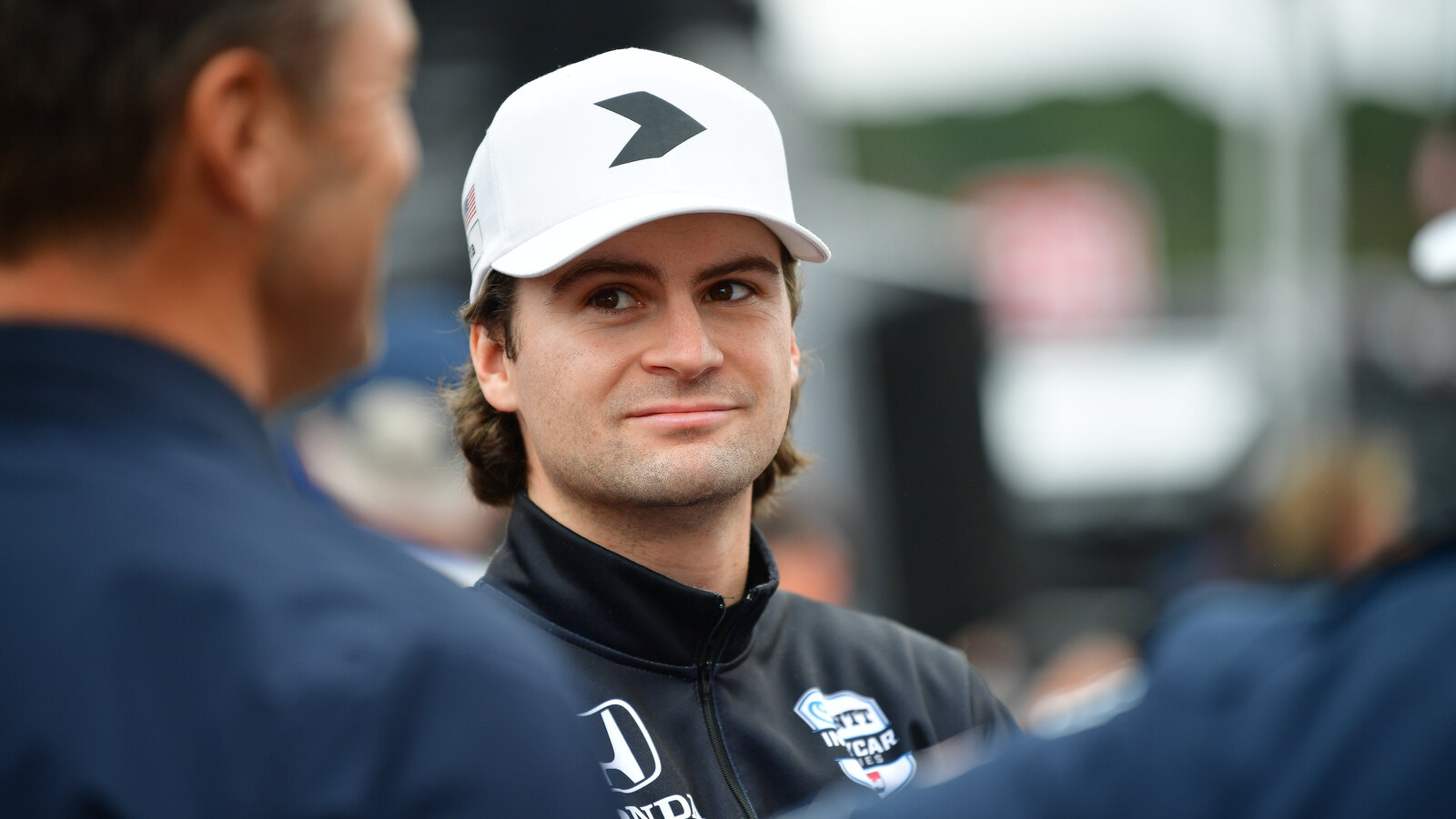Will Buxton, a prominent Formula 1 broadcaster, has voiced strong criticism of the FIA’s super license regulations following the unsuccessful attempt by American driver Colton Herta to secure a spot in F1. Buxton labeled the rules as “ridiculous” and outmoded, highlighting a growing concern within the motorsport community regarding their fairness and relevance.
The core of the issue lies with the FIA Super License Points System, which mandates that drivers accumulate 40 points from various junior racing categories, including Formula 2 and Formula 3. While IndyCar is included in the assessment, the FIA allocates fewer points for IndyCar results compared to its European counterparts. This inconsistency effectively sidelines accomplished drivers like Herta, who, despite being a seven-time IndyCar race winner and regarded as one of the top talents in open-wheel racing, remains ineligible for F1 due to points discrepancies.
Colton Herta, only 24 years old, has garnered recognition for his aggressive driving style and remarkable speed. In 2022, he was linked to a potential seat at AlphaTauri, but the opportunity fell through as the FIA refused to grant a super license exemption. As Formula 1 expands its presence in the U.S. with races in Miami, Austin, and Las Vegas, the absence of American representation on the grid has become increasingly notable. Buxton expressed disappointment, asserting that the current system is “blocking” potential talent rather than nurturing it.
Criticism from Inside the Sport
Buxton’s sentiments echo a broader dissatisfaction among team insiders and former drivers. Many contend that the FIA prioritizes the European junior racing ladder while ignoring the caliber of drivers emerging from IndyCar. A team principal, who requested anonymity, stated, “IndyCar is full of world-class talent. How can they claim Colton Herta is ineligible while allowing direct signings from F2?” Former F1 drivers currently competing in IndyCar have also chimed in. Alexander Rossi described the system as broken, while Marcus Ericsson labeled it unfair. Romain Grosjean further noted that F1 risks losing talent due to political maneuvering.
Herta has remained composed despite these setbacks, expressing his desire to compete in Formula 1 one day. “I can’t control the rules,” he stated, emphasizing his commitment to continuing his career in IndyCar until at least 2026, unless a team successfully advocates for a dispensation from the FIA.
Future of the Super License System
The FIA maintains that the super license system is vital for preserving the integrity of Formula 1. However, Buxton argues that it is failing in its intended purpose. The pressure is mounting for the FIA to reassess its policies, especially as F1 continues to invest heavily in the U.S. market without an American driver on the grid. Buxton pointed out the contradiction: “The super license system is meant to protect talent; currently, it is doing just the opposite.”
As discussions around the future of the super license system unfold, the motorsport community watches closely, hoping for changes that could allow talented drivers like Herta to pursue their aspirations at the highest level of racing.
